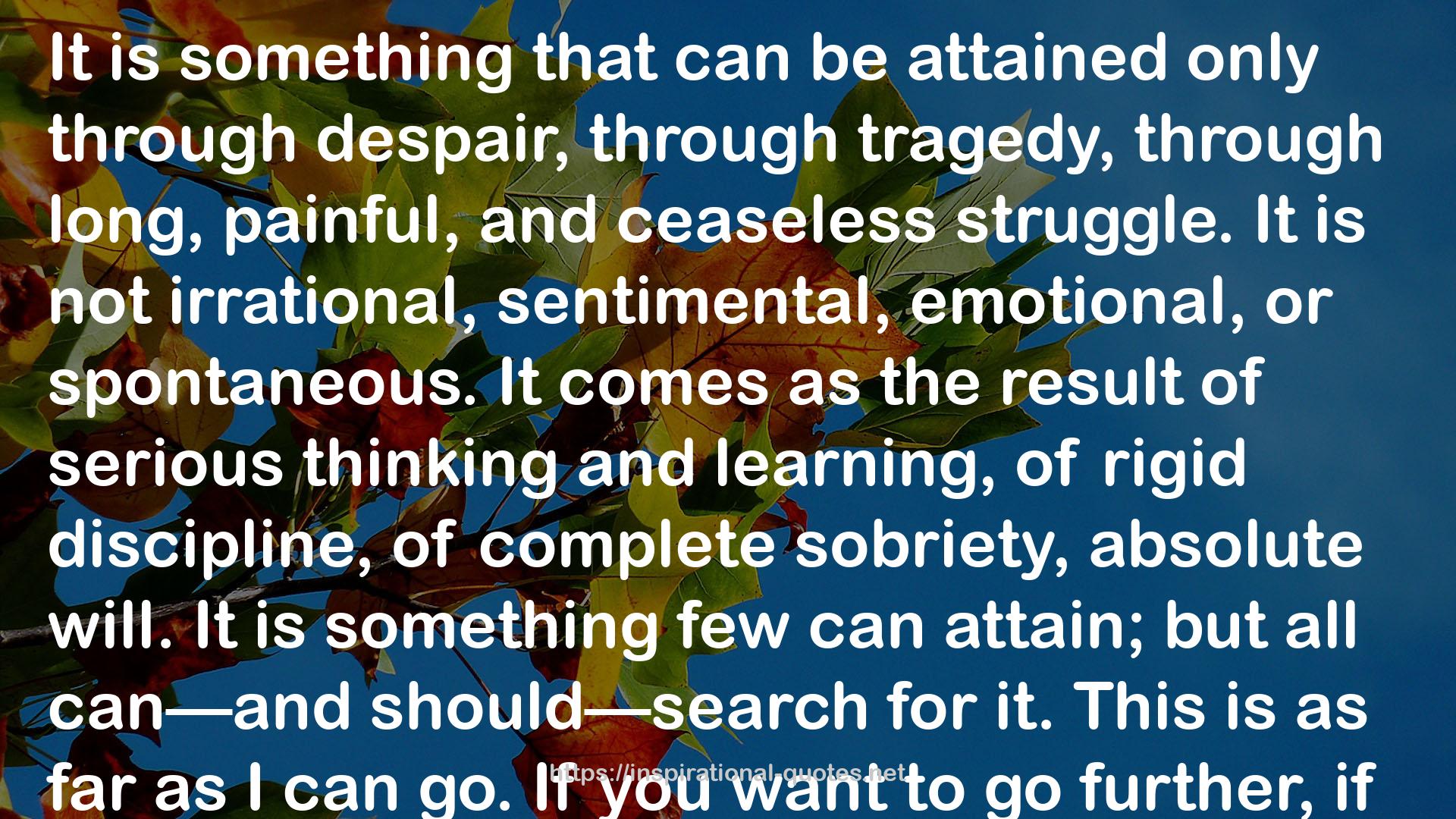The Drucker Lectures : Essential Lessons on Management, Society and Economy QUOTES
SOME WORKS
- Broken Arrow (Suncoast Society, #22)
- Last Year
- The Affinities
- The Divide
- Burning Paradise
- How the White Trash Zombie Got Her Groove Back (White Trash Zombie, #4)
- White Trash Zombie Gone Wild (White Trash Zombie #5)
- White Trash Zombie Apocalypse (White Trash Zombie, #3)
- White Trash Zombie Unchained (White Trash Zombie, #6)
- Fury of the Demon (Kara Gillian, #6)

